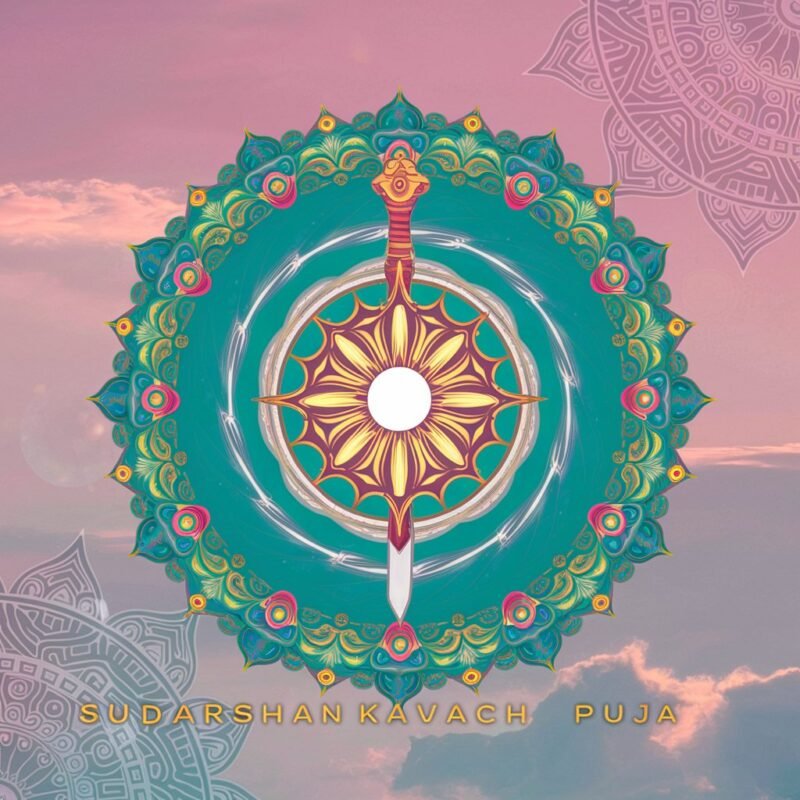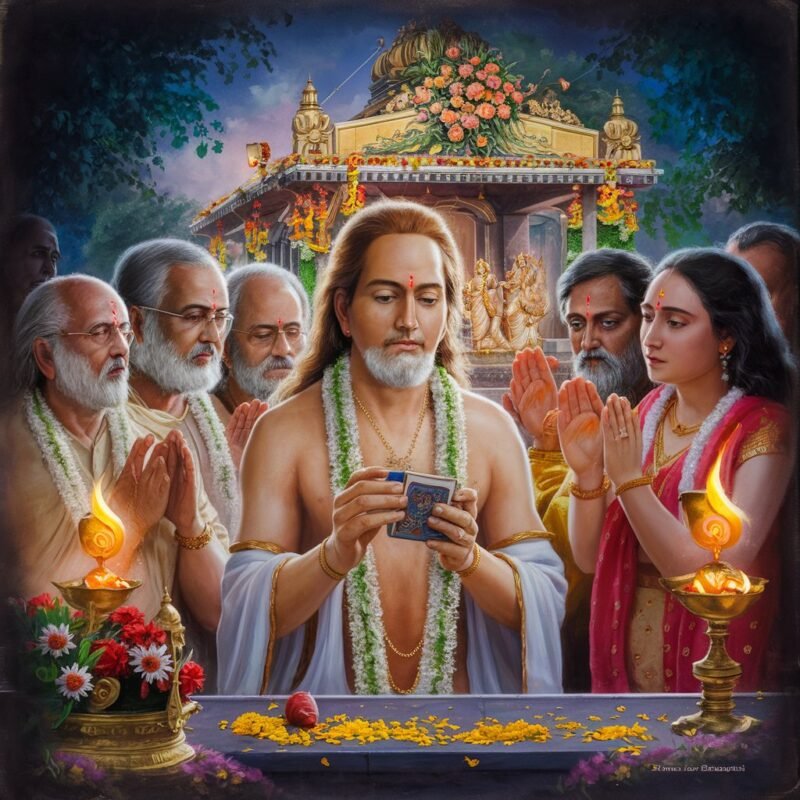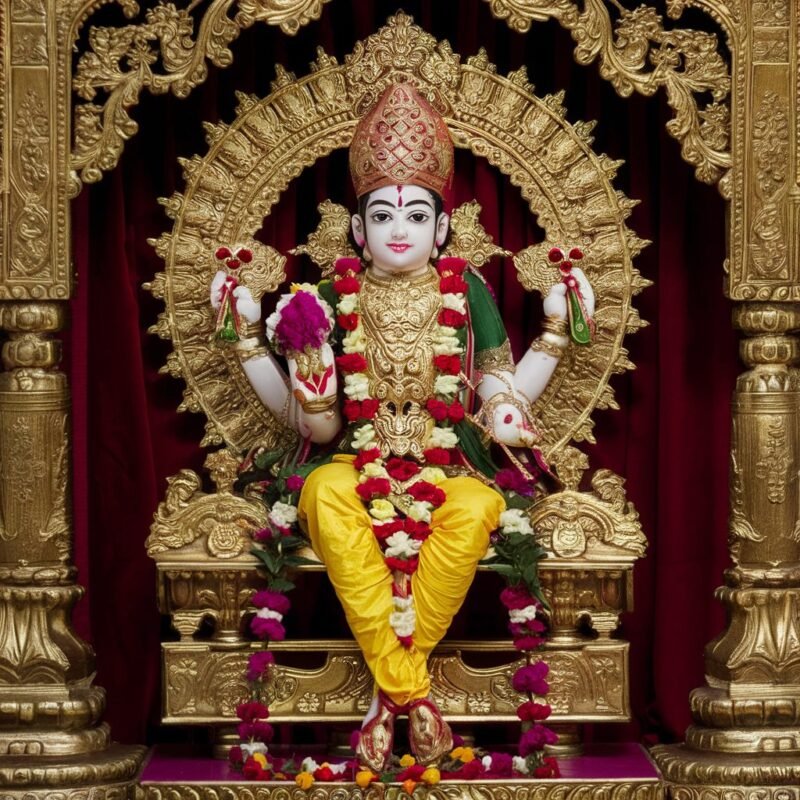Vishnu Sahasranamam Path
Original price was: ₹9,999.00.₹2,999.00Current price is: ₹2,999.00.
Pitra Vristi Hetu
Free shipping on orders over $50!
- Satisfaction Guaranteed
- No Hassle Refunds
- Secure Payments
The Vishnu Sahasranamam is a revered Hindu scripture that consists of 1,000 names of Lord Vishnu, one of the principal deities in Hinduism, who is known as the preserver and protector of the universe. The Vishnu Sahasranamam is a part of the ancient Sanskrit epic, the Mahabharata, specifically found in the Anushasana Parva (Book of Instructions), Chapter 149. This sacred hymn is traditionally chanted by devotees to invoke the blessings of Lord Vishnu and to seek his divine protection and grace.
Path Description:
Opening:
The Vishnu Sahasranamam begins with an invocation and a short preamble where the setting is described. The main context is a conversation between Bhishma, the grandsire of the Kuru dynasty, and Yudhishthira, the eldest of the Pandava brothers. After the great Kurukshetra war, Yudhishthira seeks guidance on how to achieve peace and the ultimate good. Bhishma, lying on a bed of arrows and awaiting his death, provides this instruction.
Main Content – The 1,000 Names:
The core of the Vishnu Sahasranamam consists of the thousand names of Lord Vishnu. Each name highlights different attributes, qualities, and manifestations of Vishnu. These names are not only descriptive but are also meant to evoke the various facets of Vishnu’s divine nature. The names are presented in a metrically consistent and poetic form, often with the names ending in different suffixes such as “natha,” “pati,” “indra,” “mukhya,” etc.
Here are a few examples of the names and their meanings:
- Vishvam – He who is the universe itself.
- Vishnuh – He who pervades everything.
- Vashatkara – He who controls and directs.
- Bhutabhavya-bhavatprabhuh – Lord of the past, present, and future.
Each name is deeply symbolic and often encompasses stories, attributes, and roles played by Vishnu in various avatars and divine acts.
Phala Shruti (Benefits of Recitation):
Following the recitation of the names, the text provides what is known as the “Phala Shruti,” which outlines the benefits and merits of reciting the Vishnu Sahasranamam. It is said that those who recite this hymn with devotion will gain prosperity, peace, and spiritual upliftment. The benefits also include removal of obstacles, alleviation of sins, and attainment of moksha (liberation).
Concluding Verses:
The concluding section of the Vishnu Sahasranamam often includes verses that praise the greatness of the hymn and reiterate the sanctity and divine nature of Vishnu. There are also additional verses that offer salutations and prayers to Lord Vishnu, seeking his continued protection and blessings.
Recitation and Practice:
The Vishnu Sahasranamam is traditionally chanted in various Hindu households and temples, especially during special religious occasions and festivals. Devotees may chant the entire 1,000 names daily or on specific days of the week, particularly on Thursdays and Saturdays, which are considered auspicious for worshipping Vishnu. The recitation can be done individually or in groups, often accompanied by the ringing of bells, lighting of lamps, and offering of flowers and incense.
Conclusion:
The Vishnu Sahasranamam stands as a timeless testament to the devotion and reverence held for Lord Vishnu within Hindu spirituality. It encapsulates profound philosophical, theological, and devotional elements that offer devotees a means to connect with the divine, seek solace, and gain spiritual merit.






Reviews
There are no reviews yet.